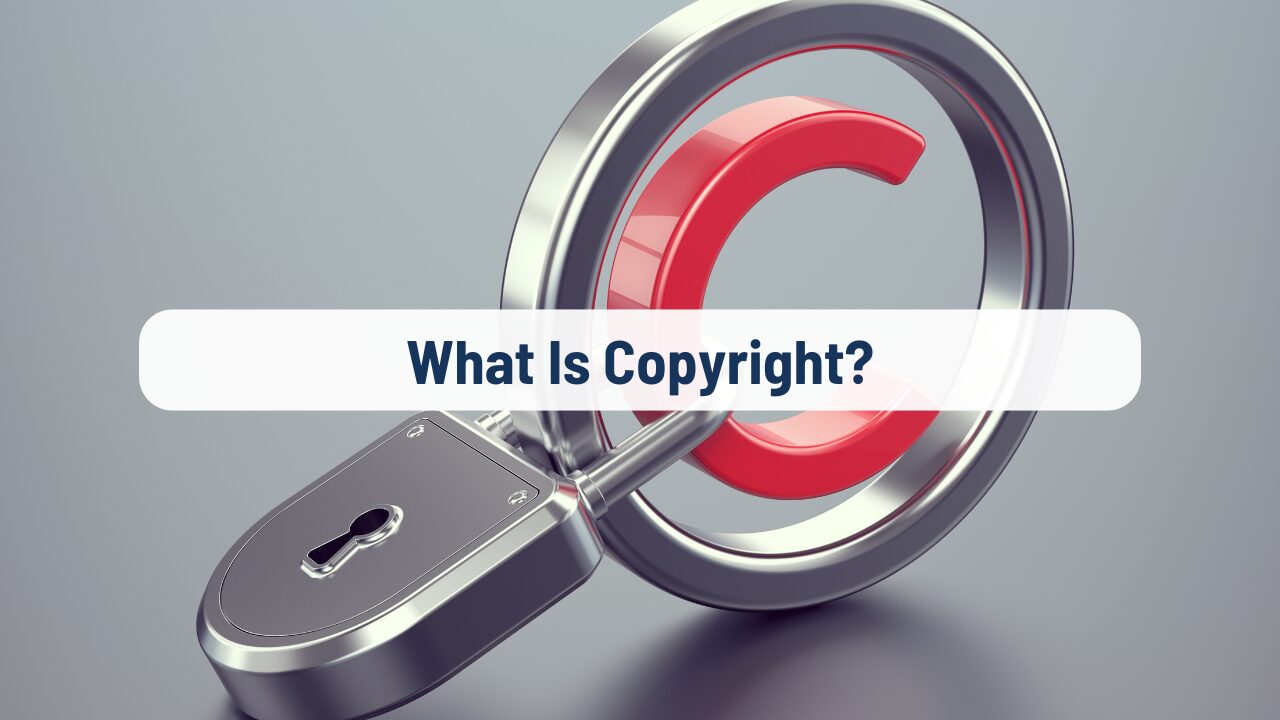
Copyright is a legal right that protects your creative work once it’s been fixed in a tangible form. In the UK, this protection is provided by the Copyright, Designs and Patents Act 1988. You can learn more about copyright law via the Intellectual Property Office.
Copyright law establishes a framework of rules governing the use of a work. It defines the rights of the creator and the responsibilities of anyone wishing to use that work. You can copy, adapt, sell, share online or rent out your material—and you can prevent others from doing those things without your permission.
The UK hosts one of the world’s most dynamic creative industries. Government figures published in January 2014 reveal that this sector generates about £8 million every hour. Whenever you stream a video, listen to a song, read a blog or enjoy any other creative content, you’re interacting with copyright—and it also safeguards most of the original creations you produce yourself.
When does Copyright protect My Work?
- Original
Your work must result from your own skill, labour or intellectual creation. It cannot simply replicate someone else’s material—for example, by tracing a photograph or copying a poem. This requirement prevents trivial expressions—such as a single-word poem—from accidentally gaining protection and hindering everyday creativity. - Tangible
Your idea must be captured in a physical form. A tune that exists only in your head is not covered until you write down the musical notation or record a performance of it.
How Do I Copyright My Work?
Copyright protection arises automatically as soon as you create your work. Under the Copyright, Designs and Patents Act 1988, there is no requirement to register your job to secure these rights. Keeping dated records—such as emailing yourself a copy or storing a draft with a trusted third party—can help establish when you created it.
Copyright, however, may not protect all forms of creativity, and in some cases, a different form of Intellectual Property (IP) protection may be more suitable. You can find more information about the various types of IP protection, such as design rights or patents, and what each covers on the Intellectual Property Office website.
How Long Is My Work Protected For?
The Copyright, Designs and Patents Act 1988 sets out how long your work remains in copyright. The period depends on the nature of the work and when it was created.
For most literary, dramatic, musical and artistic works, copyright lasts for the author’s lifetime plus 70 years. Sound recordings are protected for 70 years from the date of their first release, while broadcasts generally enjoy 50 years of protection from the date they were first broadcast. The typographical layout of published editions is protected for 25 years from the date of publication.
Is My Work Protected Outside the UK?
Yes. The UK Act implements international treaties—such as the Berne Convention and various World Intellectual Property Organisation agreements—that require signatory states to recognise each other’s copyright. This means your UK-protected work will generally be respected abroad.
However, enforcement mechanisms and permitted exceptions can vary between jurisdictions. In some countries, specific creative outputs may fall outside copyright or be eligible for different IP safeguards. It’s sensible to seek local legal advice before exploiting your work overseas.
How Did Copyright Come About?
Copyright’s origins stretch back to the Statute of Anne (1710), the first law to grant authors exclusive rights in their published works for a fixed term. Before that, printers held monopolies granted by the Crown, profiting from publication while writers received little reward.
Over the 18th and 19th centuries, successive statutes expanded the scope of protected works and extended durations, culminating in the Copyright Act 1911, which harmonised UK and colonial law. The current framework—the Copyright, Designs and Patents Act 1988—consolidates these earlier laws and introduces provisions for emerging media, such as sound recordings and broadcasts.
Internationally, the Berne Convention (1886) and later WIPO treaties set minimum standards and the principle of national treatment, obliging countries to offer foreign authors the same rights as their domestic creators. The digital era has since driven further reform—adding protections for online content, digital rights management, and exceptions for activities such as text and data mining—while debates over fair dealing, educational use, and moral rights continue to shape copyright law today.
For Legal and Business Solution, visit: ST Consultancy
Follow Us:
Facebook – https://www.facebook.com/profile.php?id=61564973949911
Instagram – https://www.instagram.com/stconsultancy_stc/
Twitter – https://x.com/st_stc43927
LinkedIn – https://www.linkedin.com/company/st-consultancy-ltd, Dr. Erika Szita-Szegedi, Manmeet Abroll

